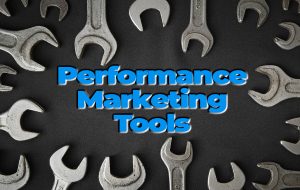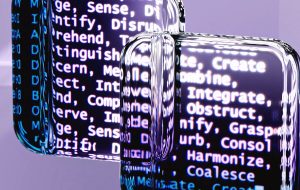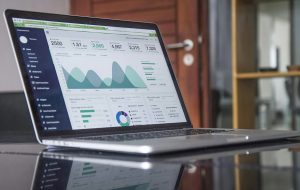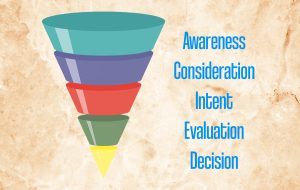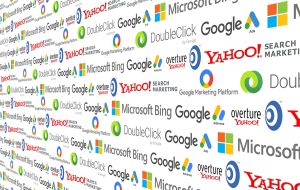The Complete Guide To PPC Automation: Strategies, Tools and Best Practices
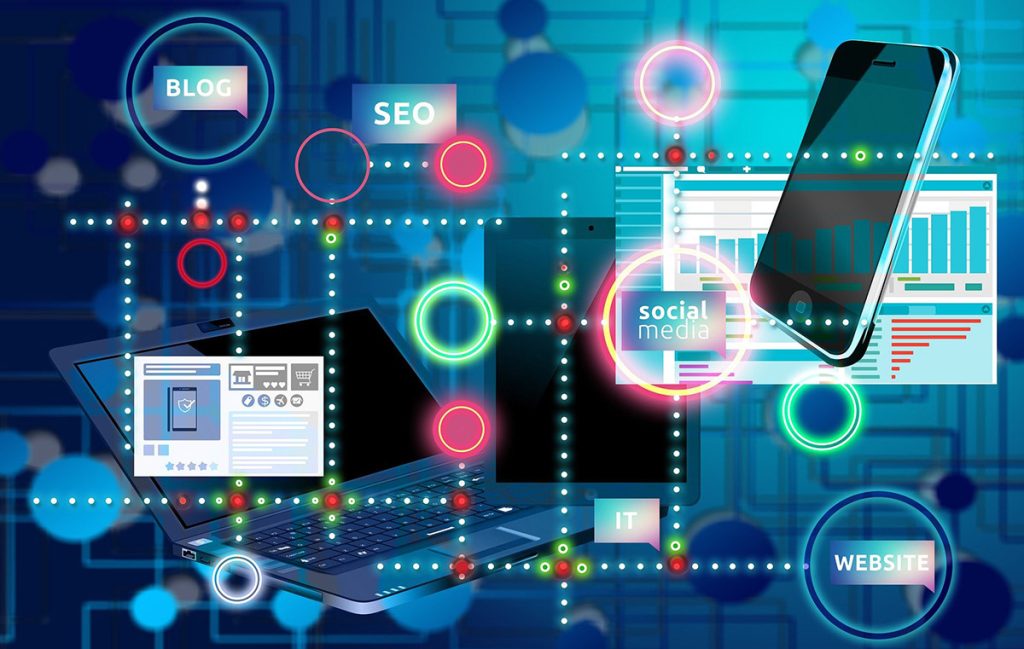
Are you looking to streamline your PPC management and boost your advertising ROI? In this ultimate guide to PPC automation, we’ll delve into the ins and outs of leveraging automation tools to optimize your pay-per-click campaigns. Whether you’re a seasoned marketer or just starting out, this comprehensive resource will equip you with the knowledge and strategies needed to harness the power of automation and take your PPC efforts to the next level.
Understanding PPC Automation
PPC automation refers to the use of technology and algorithms to manage and optimize pay-per-click (PPC) advertising campaigns. It involves automating tasks such as keyword bidding, ad copy testing, and performance monitoring. By leveraging automation, advertisers can streamline their PPC campaign management and make data-driven decisions to improve results.
What is PPC Automation?
PPC automation utilizes machine learning and artificial intelligence to automate various aspects of PPC campaign management. It involves setting rules and conditions based on campaign performance metrics, which trigger automated actions such as adjusting bids, pausing underperforming ads, or reallocating budget to top-performing keywords or ad groups. This technology aims to reduce manual intervention while enhancing the efficiency and effectiveness of PPC campaigns.
Benefits of PPC Automation
1. Time and Resource Efficiency
Automating routine tasks like bid management and ad scheduling frees up marketers’ time, allowing them to focus on strategic initiatives and creative aspects of campaign optimization. This efficiency can lead to better campaign performance and overall productivity.
2. Improved Performance and ROI
PPC automation can lead to better campaign performance by continuously optimizing keywords, bids, and ad placements based on real-time data. This adaptability can result in improved return on investment (ROI) and lower cost per acquisition (CPA) for advertisers.
3. Enhanced Targeting and Personalization
Automation enables the dynamic adjustment of ad creatives and targeting parameters based on user behavior and preferences. This level of personalization can improve the relevance of ads, leading to higher click-through rates and conversion rates.
Overall, embracing PPC automation can empower advertisers to make data-driven decisions, optimize campaign performance, and achieve their advertising goals more effectively.
Types of PPC Automation
PPC automation offers various tools and strategies to streamline and optimize digital advertising efforts. By automating repetitive tasks, marketers can focus on strategy and analysis. Here are the key types of PPC automation:
Automated Bidding Strategies
Automated bidding strategies utilize machine learning algorithms to adjust bids based on a variety of factors, including device, location, time of day, and user demographics. This approach maximizes the effectiveness of ad spend and improves ROI over time.
Ad Scheduling
Ad scheduling enables advertisers to automatically adjust the timing of their ad display based on when their target audience is most active. This feature ensures that ad budgets are used efficiently during peak engagement periods.
Dynamic Search Ads
Dynamic Search Ads automatically generate ad headlines and landing pages based on the content of the website and the search terms entered by users. This dynamic approach saves time and ensures that ad content remains relevant to user queries.
Automated Ad Copy Generation
Automated ad copy generation uses machine learning to create compelling ad copy that resonates with the target audience. This tool eliminates the need for manual A/B testing and allows for constant optimization of ad messaging.
Keyword Management
Automated keyword management tools analyze search query data and adjust keyword bids and match types to improve ad performance. This ensures that ad campaigns remain relevant and competitive in the ever-evolving landscape of online search.
Implementing PPC Automation
In PPC advertising, automation tools can significantly enhance efficiency and performance. When implementing PPC automation, it’s crucial to choose the right automation tools, set up automated rules, and establish a solid testing and monitoring process.
Choosing the Right Automation Tools
Selecting the right automation tools is pivotal for a successful PPC campaign. It’s important to consider tools that align with the specific goals of the campaign and provide functionalities such as bid management, ad scheduling, and keyword optimization. Utilizing comprehensive tools from reputable providers like Google Ads and WordStream can streamline campaign management and drive better results.
Setting Up Automated Rules
Once the automation tool is selected, the next step is to set up automated rules. This involves establishing parameters for the automated processes, such as bid adjustments based on performance metrics, ad scheduling for optimal times, and budget allocation. By configuring these rules, advertisers can ensure that the automation aligns with the overall campaign strategy and goals.
Testing and Monitoring Automation
Continuous testing and monitoring are essential to ensure that PPC automation is delivering the desired results. Advertisers should regularly analyze the performance of automated processes, conduct A/B tests to optimize settings, and make necessary adjustments to improve efficiency. Monitoring automation also involves staying vigilant for any anomalies or irregularities that may require intervention to maintain campaign performance.
Best Practices for PPC Automation
Implementing best practices in PPC automation is crucial for maximizing the effectiveness of your campaigns. By utilizing data analysis and insights, adapting to changes, and employing A/B testing automation strategies, you can optimize your PPC efforts for superior results.
Data Analysis and Insights
Harnessing the power of data analysis is essential for successful PPC automation. By utilizing tools such as Google Analytics and integrating them with automation platforms, marketers can gain valuable insights into customer behaviors, preferences, and conversions. This data-driven approach allows for informed decision-making, ensuring that PPC campaigns are tailored to target audiences effectively.
Adapting to Changes
The digital landscape is constantly evolving, and PPC automation strategies must be adaptable to these changes. By staying updated on industry trends, search engine algorithm updates, and consumer behavior shifts, marketers can fine-tune their automation processes to remain competitive and relevant. Adaptable automation ensures that campaigns are agile and responsive to market dynamics.
A/B Testing Automation Strategies
A/B testing is a fundamental aspect of PPC optimization, and automation can significantly streamline this process. Leveraging automation for A/B testing allows marketers to efficiently compare ad variations, landing pages, and audience segments, leading to data-driven insights that drive performance improvements. Automation tools provide the scalability and precision required to conduct A/B tests seamlessly.
Incorporating these best practices into your PPC automation approach can elevate the efficiency and effectiveness of your campaigns, ultimately driving better outcomes and maximizing return on investment.
Overcoming Challenges with PPC Automation
Navigating the landscape of PPC automation comes with its set of challenges. Adapting to algorithm changes is crucial for maintaining a competitive edge in the digital market. Keeping abreast of search engine algorithm updates and understanding their implications on PPC campaigns is essential to prevent abrupt drops in ad performance.
Adapting to Algorithm Changes
Staying flexible and constantly monitoring algorithm changes can aid in making timely adjustments to PPC strategies. It’s imperative to keep a pulse on industry publications and reputable marketing resources to comprehend the nuances of algorithm updates and their impact on campaign performance.
Managing Budget and Bidding Strategies
Effective management of budget and bidding strategies is paramount for successful PPC automation. Utilizing bid management tools and setting clear budget allocation can help in optimizing ad spend and achieving optimal ROI. Implementing dynamic bidding strategies that adapt to changing market conditions and user behavior is key to staying competitive in the PPC landscape.
Quality Score Management
Quality score management plays a pivotal role in the success of PPC campaigns. Focusing on relevant ad copy, landing page experience, and keyword targeting can bolster the quality score, thereby reducing the cost per click and improving ad position. Consistent monitoring and fine-tuning of these elements are essential for maintaining a favorable quality score.
The Future of PPC Automation
Artificial Intelligence (AI) and Machine Learning in PPC
AI and machine learning have revolutionized the way PPC advertising operates. By utilizing AI technology, PPC platforms can analyze vast amounts of data to understand consumer behavior patterns, identify trends, and optimize ad performance. This enables advertisers to create more targeted and effective campaigns, resulting in higher conversion rates and ROI. The predictive capabilities of machine learning algorithms also allow for the automation of various processes, such as bid management and ad optimization, leading to more efficient and cost-effective PPC campaigns.
Automation and Personalization
Automation in PPC goes beyond streamlining processes; it also plays a crucial role in enhancing personalization. Through the use of automation tools, advertisers can create customized ad experiences for different audience segments based on their demographics, behaviors, and interests. This level of personalization not only improves the relevance of ads but also enhances the overall user experience, ultimately leading to higher engagement and conversion rates. Furthermore, with the continuous advancements in AI and machine learning, the level of personalization in PPC automation is expected to further evolve, allowing advertisers to deliver hyper-targeted messages to their audiences at scale.
Incorporating these advancements in AI and machine learning into PPC automation not only streamlines processes but also enhances personalization, allowing for more effective and targeted ad campaigns.
Takeaways
As we conclude this ultimate guide to PPC automation, it’s clear that leveraging automation tools is essential for maximizing the efficiency and effectiveness of your pay-per-click campaigns. By automating routine tasks, optimizing bidding strategies, and harnessing the power of data-driven insights, businesses can achieve higher ROI and streamline their advertising efforts. Embracing PPC automation not only saves time and resources but also empowers marketers to focus on high-impact strategic initiatives. With the right approach and understanding of automation technologies, businesses can stay ahead in the competitive landscape of digital advertising.

